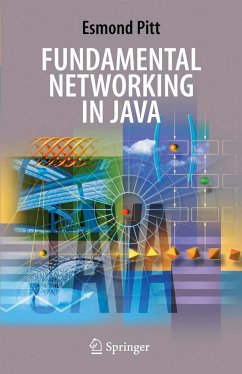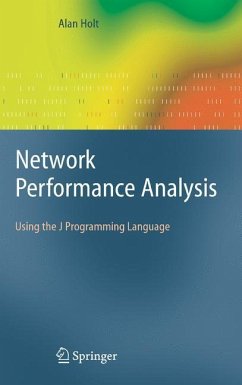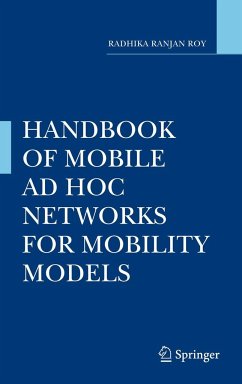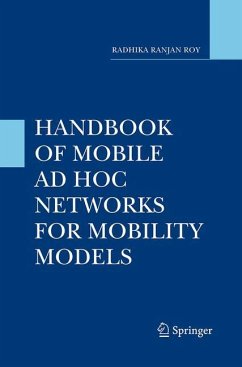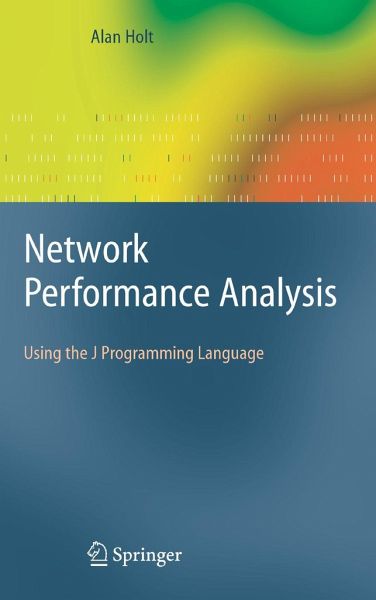
Network Performance Analysis
Using the J Programming Language
Versandkostenfrei!
Versandfertig in über 4 Wochen
103,99 €
inkl. MwSt.
Weitere Ausgaben:

PAYBACK Punkte
52 °P sammeln!
Network Calculus is a mathematical theory concerned with deriving performance bound networks and this book aims to show that it can provide useful methods for designing and engineering networks. Examples are implemented in J making the subject more accessible to those that, although have a mathematical background, are not pure mathematicians.Basic and advanced concepts of J are introduced throughout when required to illustrate different issues. Topics covering Network Calculus include wide sense increasing functions, mini-plus algebra, convolution and arrival, departure and services curves. Co...
Network Calculus is a mathematical theory concerned with deriving performance bound networks and this book aims to show that it can provide useful methods for designing and engineering networks. Examples are implemented in J making the subject more accessible to those that, although have a mathematical background, are not pure mathematicians.
Basic and advanced concepts of J are introduced throughout when required to illustrate different issues. Topics covering Network Calculus include wide sense increasing functions, mini-plus algebra, convolution and arrival, departure and services curves. Comprehensive examples in the application of Network Calculus are given, models for simulating network traffic and network systems are discussed and congestion control is explored.
This book brings Network Calculus closer to the network professional and will equally appeal to postgraduates studying network performance by providing valuable analytical tools and using J as a means of providing a practical treatment of the subject.
Basic and advanced concepts of J are introduced throughout when required to illustrate different issues. Topics covering Network Calculus include wide sense increasing functions, mini-plus algebra, convolution and arrival, departure and services curves. Comprehensive examples in the application of Network Calculus are given, models for simulating network traffic and network systems are discussed and congestion control is explored.
This book brings Network Calculus closer to the network professional and will equally appeal to postgraduates studying network performance by providing valuable analytical tools and using J as a means of providing a practical treatment of the subject.





